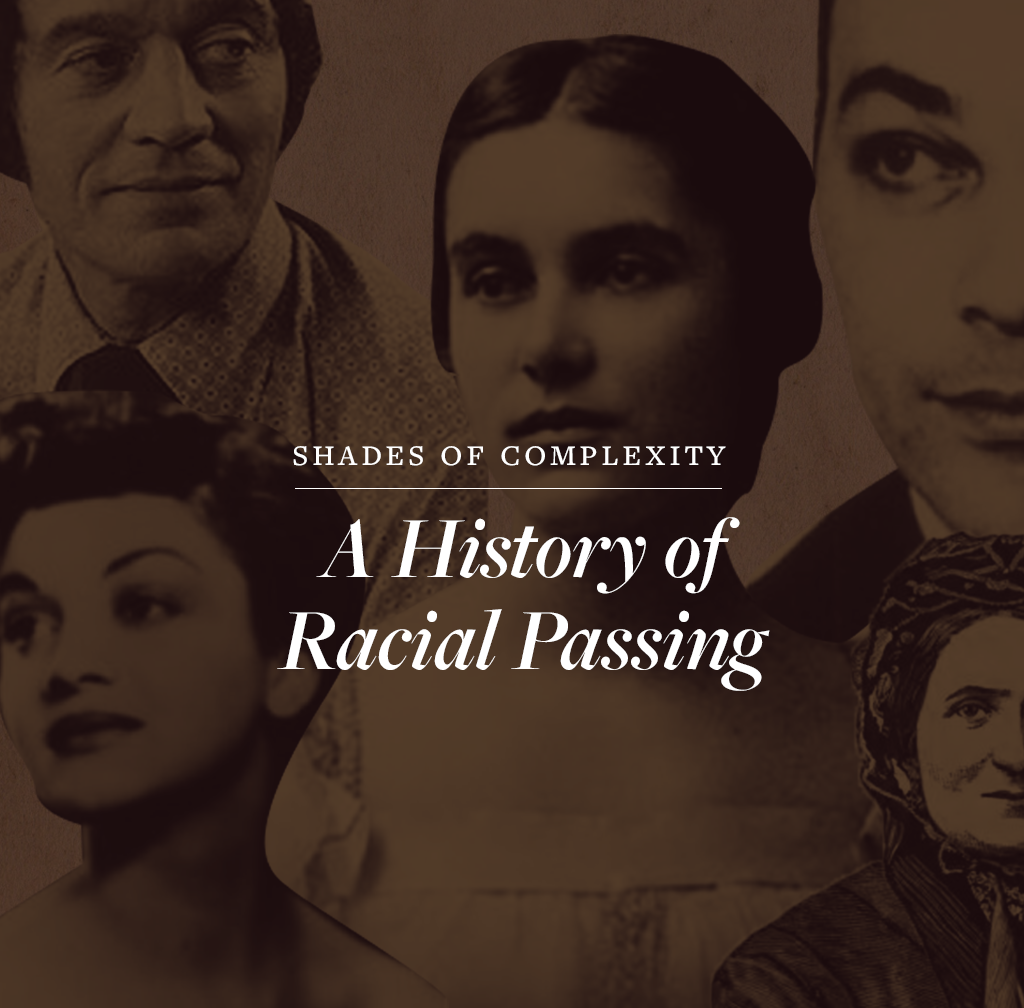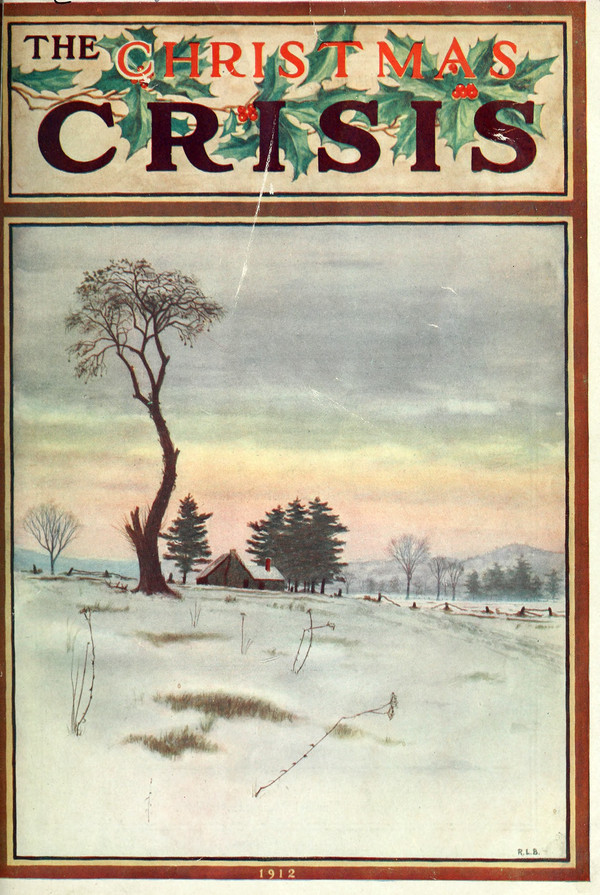Reverse PassingPosted in Articles, Law, Media Archive, Passing, United States on 2018-04-09 01:39Z by Steven |
UCLA Law Review
Volume 64, Issue 2 (2017)
pages 282-354
Khaled A. Beydoun, Associate Professor of Law
University of Detroit, Mercy School of Law
Erika K. Wilson, C. Ivey II Term Professor of Law, Associate Professor of Law
University of North Carolina, Chapel Hill
Throughout American history untold numbers of people have concealed their true racial identities and assumed a white racial identity in order to reap the economic, political, and social benefits associated with whiteness. This phenomenon is known as passing. While legal scholars have thoroughly investigated passing in its conventional form, the corollary process of reverse passing—the process in which whites conceal their true racial identity and present themselves as nonwhite—has not been closely investigated within legal scholarship.
Rachel Dolezal provides a timely study of the process of reverse passing. Dolezal—an Africana Studies Instructor and head of the Spokane, Washington NAACP—was outed as being white after years of phenotypically and culturally presenting herself as a Black woman. Dolezal’s “outing” generated much popular debate and scholarly discourse, most of which tended to frame her actions as a one-off occurrence by a deviant actor. This Article takes a contrary position.
Though reverse passing is often framed as deviant or irrational, this Article demonstrates how the U.S. Supreme Court’s affirmative action jurisprudence creates tangible and intangible incentives for white actors to identify as nonwhite. It suggests that the Court’s entrenchment of the diversity rationale as the primary compelling state interest that can be used to justify race-conscious affirmative action programs generated situational value in nonwhiteness. That situational value in nonwhiteness now creates incentives that previously did not exist for whites to reverse-pass in order to obtain access to opportunities in education, employment and beyond.
This Article is the first to coin, analyze, and propose a theory of reverse passing. It also deepens the rich and rising scholarship examining performance theory and the pliability of racial identity. Finally, given the reconsideration of the diversity rationale by the Supreme Court in Fisher v. University of Texas at Austin, this Article also provides an opportunity to critically examine the merits and shortcomings of the diversity rationale.
Read the entire article here.




